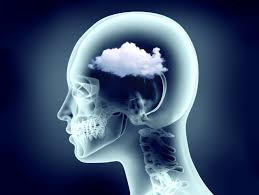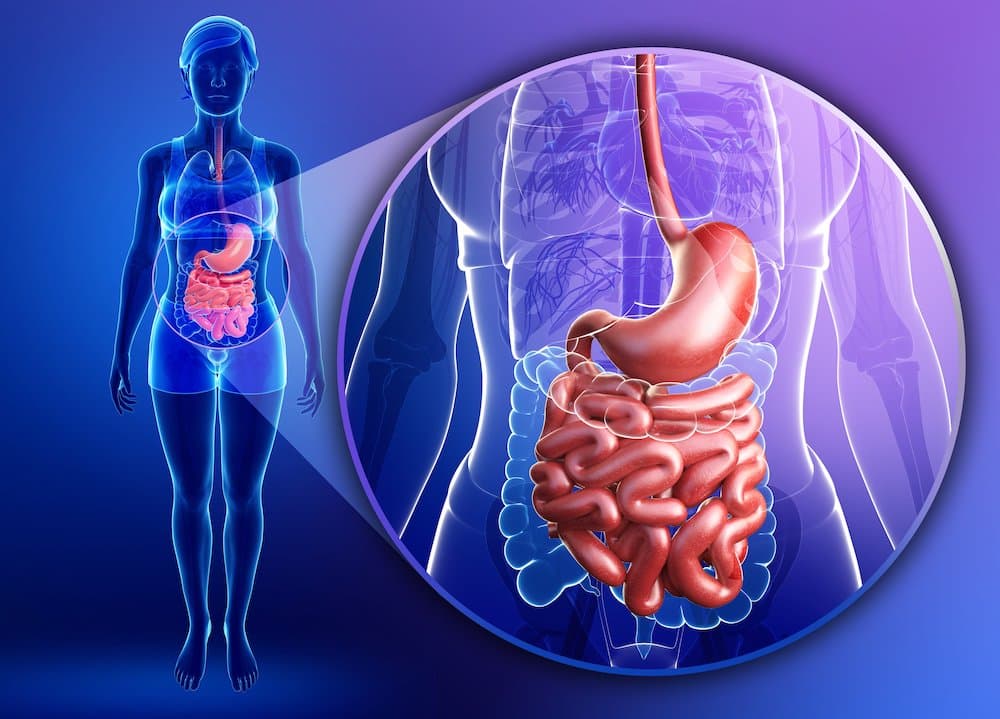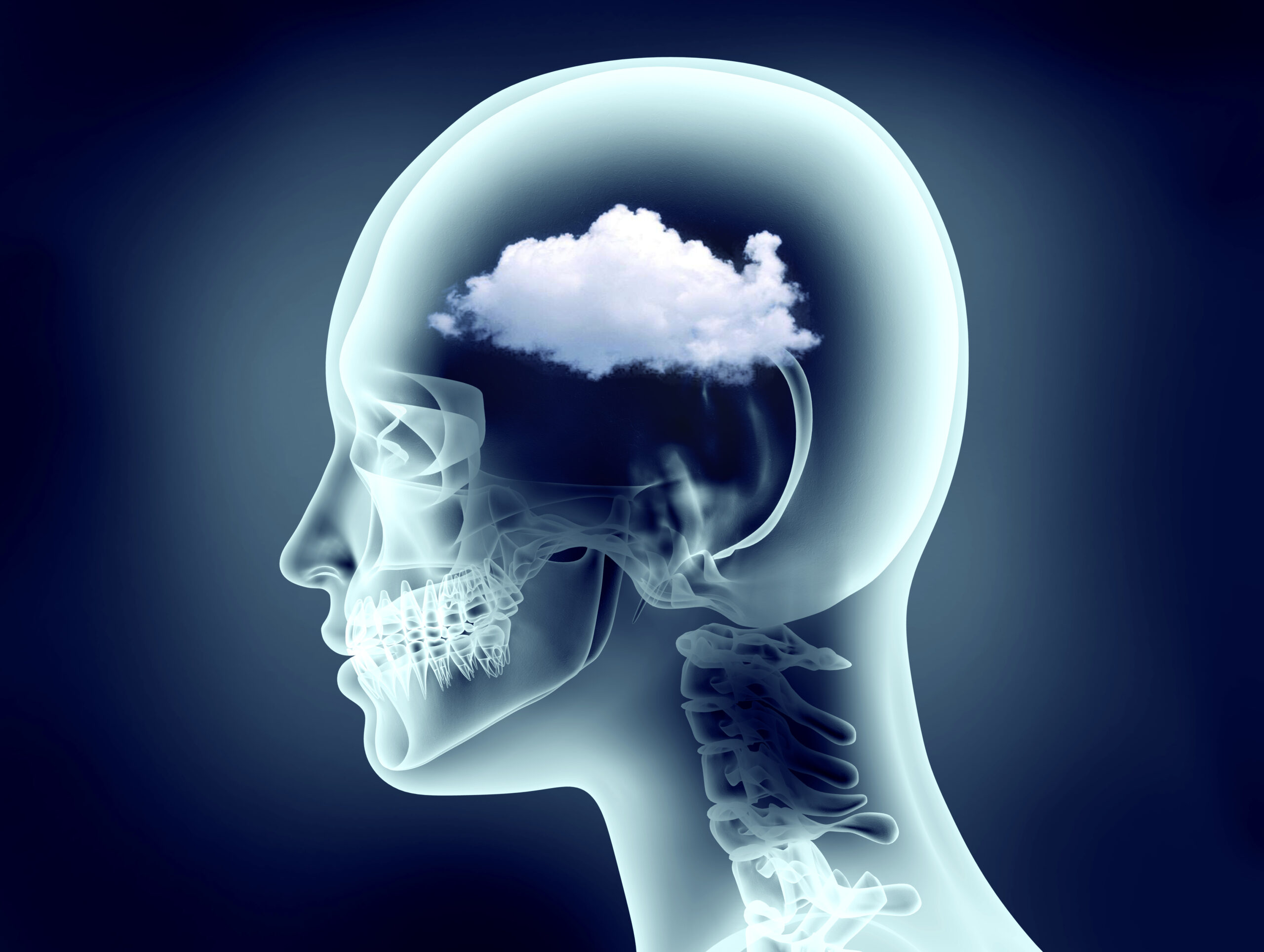
Why Your Brain Feels Foggy After Lunch?
That afternoon slump is not just about carbs or laziness. It often begins in places you would not expect — the liver, the vagus nerve, and your body's built-in rhythm for digestion and recovery.
Post-lunch fatigue is not always about what you ate. It is often a signal that your body is shifting into a nervous system state where focus and drive take a back seat to rest and repair (Postprandial Research Lab, 2025). Whether it shows up as brain fog, heavy eyes, or a sudden drop in motivation, this shift is deeply biological — not just behavioral.
What Happens Inside You After a Meal?

Your brain fog is not a glitch. It is part of a larger internal process that helps your body digest, reset, and protect itself.
Here is what is going on under the surface:
- Blood flow reroutes to the liver: After eating, your liver becomes a metabolic hub, using a large amount of oxygen-rich blood to process nutrients. This can momentarily reduce cerebral blood flow, which contributes to that slow, foggy feeling (NeuroMetabolism Journal, 2025).
- The vagus nerve steps in: This nerve connects your brain to your gut and regulates digestion, heart rate, and emotional calm. After meals, vagus activity increases, nudging your system into a calm, parasympathetic state. While helpful for digestion, it can also reduce alertness (Gut‑Brain Review, 2024).
- Your body enters a processing state: This is called postprandial fatigue. It is your body’s natural signal to pause, digest, and conserve energy. But in modern life, we are expected to perform mentally right after eating, which goes against this internal shift.
Signs Your Brain Is in Digest Mode
Post-meal fog is more than just being tired. It is a sign that your nervous system is prioritizing internal regulation over external performance.
Watch for:
- Heavy eyes or low mental energy: Your brain shifts into slower wave patterns after eating, similar to early stages of rest.
- Lower motivation to solve problems or engage socially: The brain begins deactivating parts of the prefrontal cortex that govern focus and planning (Cognitive Neuroscience & Nutrition, 2025).
- A sense of calm but also detachment: You may feel relaxed but uninspired. This is not burnout. It is a temporary drop in drive due to vagus nerve activity.
These are not personal shortcomings. They are signs that your body is working exactly as it should — just not in sync with your schedule.
The Science Behind It
The digestive system is not just physical. It is also neurological.

After food enters the stomach, the migrating motor complex slows down, and parasympathetic signaling increases. Your enteric nervous system takes charge, coordinating muscular contractions, enzyme release, and nutrient absorption (Digestive Physiology Journal, 2024). This shift pulls the brain’s resources inward.
Meanwhile, hormones like insulin and serotonin rise, which can briefly lower alertness and change neurotransmitter balance. Researchers have found that cognitive reaction times slow by up to 12 percent in the 60 to 90 minutes following a meal (Food and Mood Review, 2025).
In short, your focus dips because your system is doing its internal housekeeping — not because your willpower has failed.
How to Work With the Fog, Not Against It
Post-lunch clarity is not about caffeine or pushing through. It is about aligning your actions with how your nervous system actually works.
Try this:
- Breathe into your belly: Slow nasal breaths down into the abdomen can signal your vagus nerve to regulate digestion efficiently without causing mental shutdown.

- Stand up or move gently: A short walk or slow stretching after lunch helps circulate blood and reset your nervous system. It signals the brain that the body is still active.
- Prop your posture: Keep your chest lifted and your abdomen open after eating. Slouching compresses the diaphragm and intensifies the parasympathetic drop.
- Time your deep work wisely: Aim to schedule high-focus tasks 90 to 120 minutes after eating, when your system is rebalanced.
The goal is not to override the body. It is to work in harmony with it.
Brain Fog vs. Burnout: Key Differences
- Brain fog is rhythmic. Burnout is chronic.
- Brain fog is tied to meals. Burnout spans days or weeks.
- Brain fog comes with digestion shifts. Burnout involves emotional exhaustion.
- Brain fog can be eased by breathing or walking. Burnout needs deeper recovery.
What you feel after lunch is a temporary wave. Let it guide your rhythm, not fight it.
One Simple Cue
If you find yourself rereading the same sentence, zoning out on video calls, or needing that second coffee right after lunch — try this: close your eyes for ten seconds, take a full breath into your belly, and notice what your body needs.
Sometimes, the fastest way to reset your mind is to listen to your gut.
References:
Cognitive Neuroscience & Nutrition. (2025, March). Meal timing and executive function performance. Cognitive Neuroscience & Nutrition.
Digestive Physiology Journal. (2024, September). The migrating motor complex and post-meal neural states. Digestive Physiology Journal.
Food and Mood Review. (2025, February). Neurocognitive shifts after eating: Fact or fatigue? Food and Mood Review.
Gut‑Brain Review. (2024, June). Vagus nerve modulation during digestion. Gut‑Brain Review.
NeuroMetabolism Journal. (2025, January). Hepatic blood flow and brain energy dynamics after meals. NeuroMetabolism Journal.
Postprandial Research Lab. (2025, May). Understanding fatigue and focus during digestion. Postprandial Research Lab.



















